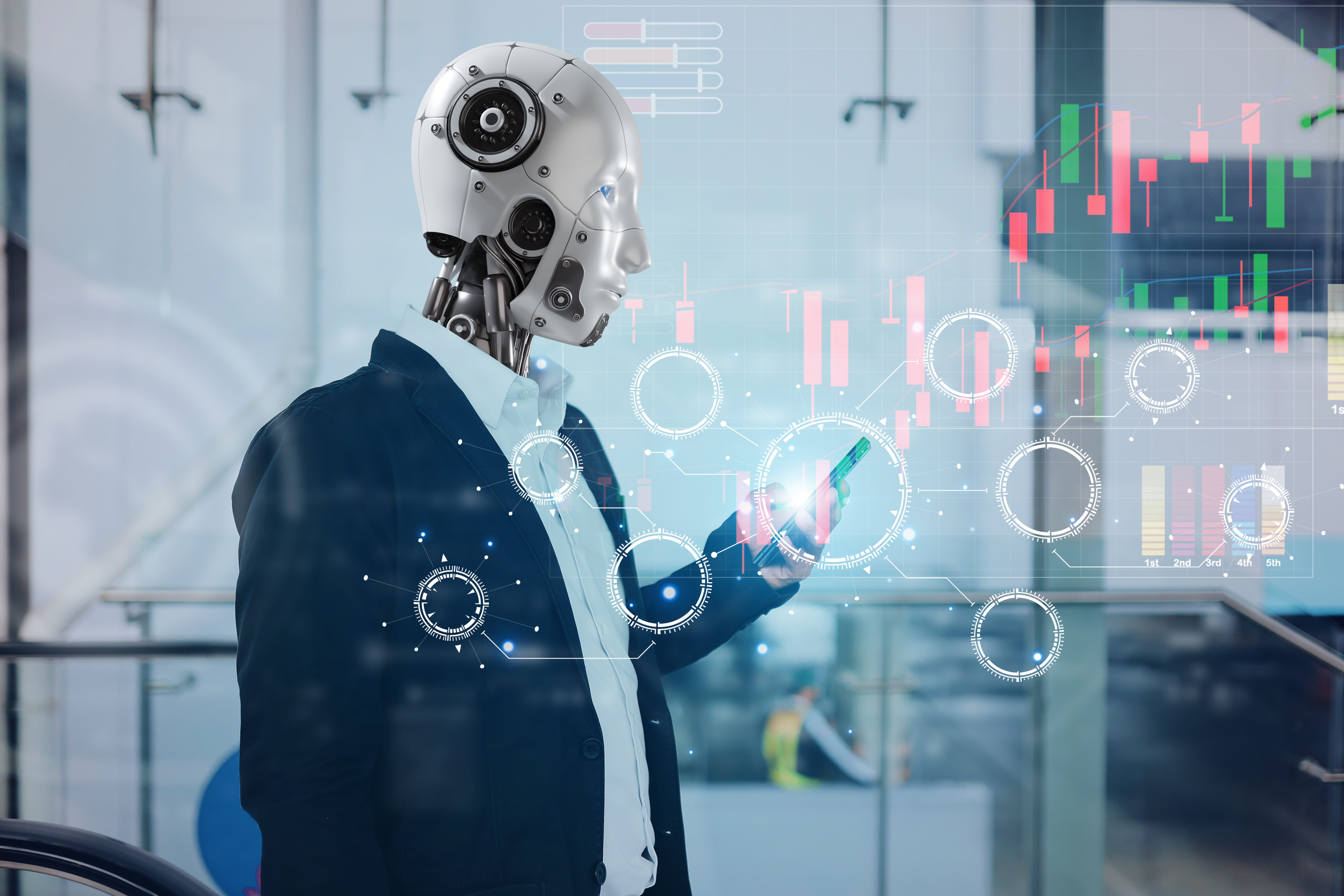Predicting stock market trends is a critical part of investing. However, the stock market is influenced by many factors, including politics, natural disasters, and changes in consumer behavior. These factors can make it difficult for AI to predict future stock prices accurately.
One way to improve accuracy is to use LSTM. This is a type of RNN that can process multiple data points and sequences.
Chatbots
AI chatbots can help investors and traders spot opportunities that would be missed by human analysts. These bots sift through large piles of data to identify patterns and trends that are difficult for humans to see. Quantum AI can also assist with trading decisions by offering recommendations based on market conditions.
They can also answer common questions about investing, such as “What is the best stock to invest in?” However, they can’t predict market movements with 100% accuracy. They are subject to external factors, including global events and investor sentiments. These factors can have a significant impact on a company’s stock price.
Despite these limitations, AI is rapidly changing the world of finance. AI chatbots are now available to the public, allowing people to perform complex research and compare companies on command. However, experts caution that AI is not yet ready to replace real financial professionals. Until then, it is best to seek advice from a reputable investment advisor.
Sentiment Analysis
Sentiment analysis is a valuable tool for businesses, but it can be difficult to get accurate results. Some common problems include unclassifiable language, name-entity recognition and lack of context. For example, a user may write “I love the functionality of this product” but not mention the price in their rating. Without context, the machine may not realize that this comment is positive or negative and incorrectly flag it.
Start by preprocessing the text data to convert it into a numeric representation. Then, use a machine learning model to identify the features that best represent sentiment and polarity.
External Factors
Stock market trends are influenced by a variety of external factors, including political events and natural disasters. These events can affect stock prices and investor sentiment, but they are difficult for AI algorithms to predict accurately. For example, if a natural disaster occurs in a densely populated area with lots of economic activity, it can cause investors to sell stocks out of fear that the disaster will have a negative impact on their investments. These emotional decisions can lead to large losses and make it harder for investors to make smart financial choices.
Research has shown that AI can help with this problem, but it is important to remember that AI is not infallible. It can be prone to errors, and people should always watch the system and step in when necessary. Also, AI must be used in conjunction with other methods of analysis to avoid making biased or irrational decisions. This will help prevent emotions like greed and fear from influencing financial decisions.
